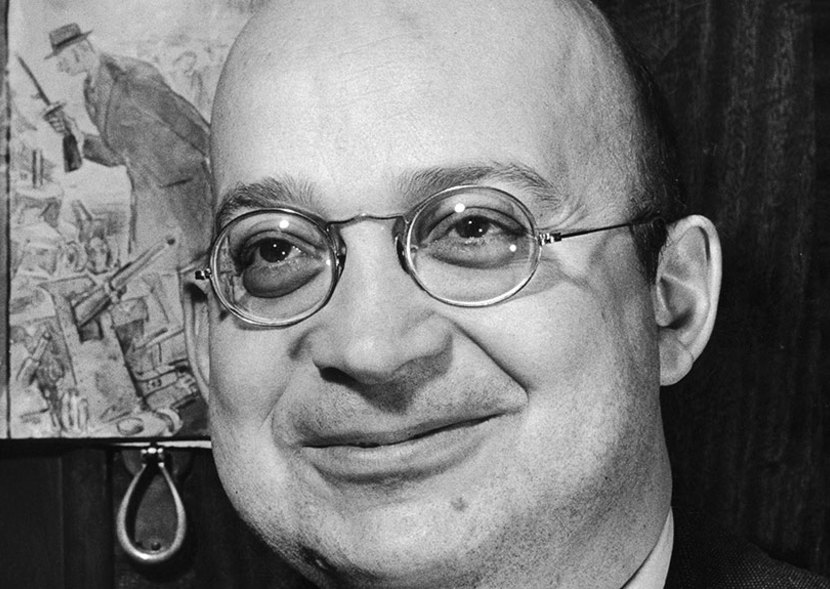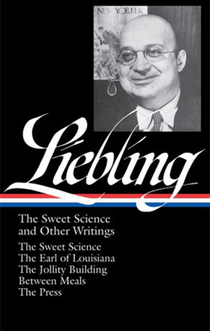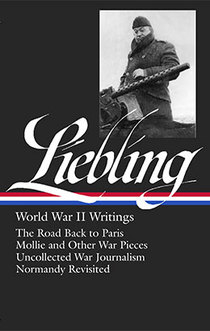
Major works:
The Road Back to Paris • The Sweet Science • The Earl of Louisiana • Between Meals: An Appetite for Paris • The Press
The Jollity Building
A. J. LieblingEight coin-box telephone booths in the lobby of the Jollity Buidling serve as offices for promoters and others who cannot raise the price of desk space on an upper floor. The phones are used mostly for incoming calls. It is a matter of perpetual regret to Morty, the renting agent of the building, that he cannot collect rent from the occupants of the booths. He always refers to them as the Telephone Booth Indians, because in their lives the telephone booth furnishes sustenance as well as shelter, as the buffalo did for the Arapahoe and the Sioux. A Telephone Booth Indian on the hunt often tells a prospective investor to call him at a certain hour of the afternoon, giving the victim the number of the phone in one of the booths. The Indian implies, of course, that this is a private line. Then the Indian has to hang in the booth until the fellow calls. To hang, in Indian language, means to loiter. “I used to hang in Forty-sixth Street, front of Variety,” a small bookmaker may say, referring to a previous business location. Seeing the Indians hanging in the telephone booths is painful to Morty, but there is nothing he can do about it. The regular occupants of the booths recognize one another’s rights. It may be understood among them, for instance, that a certain orchestra leader receives calls in a particular booth between three and four in the afternoon and that a competitor has the same booth from four to five. In these circumstances, ethical Indians take telephone messages for each other. There are always fewer vacancies in the telephone booths than in any other part of the Jollity Building.

